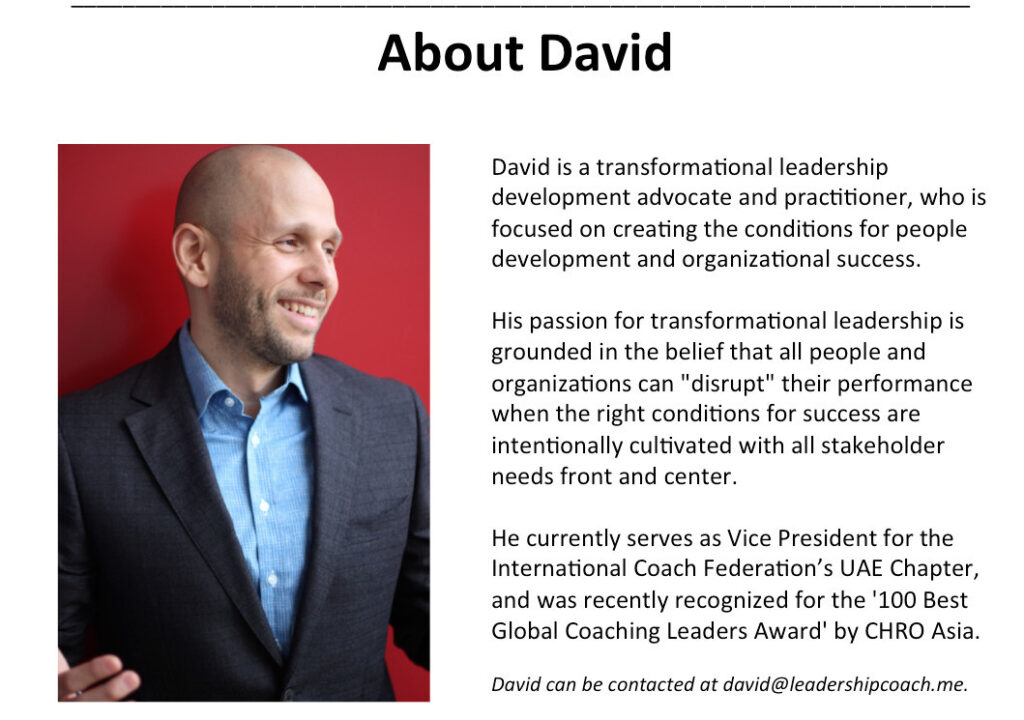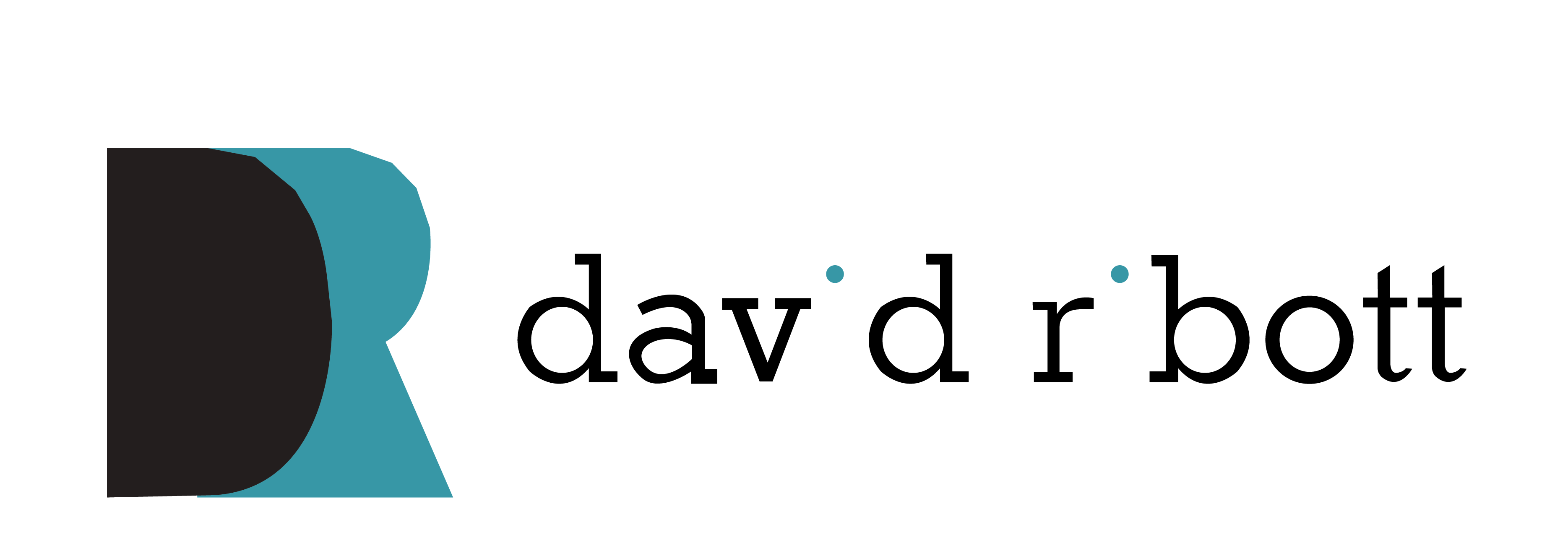Picking up where we left off in Part 1, I noticed I started the conversation a bit like the cart before the horse.
Of course, doing deep internal work as a coach-in-training or a coach-in-certification is paramount to being able to “walk through the fire” with your clients to create value-added, and an aspect of legitimacy also begins when you decide on where to take your coach training.
What’s the quality assurance marker of your coach training program?
As the Vice President to the Board of Directors for the International Coach Federation (ICF) in the United Arab Emirates, I have an affinity to the ICF, and have aligned myself with them because they are the oldest and largest governing body for the profession of coaching with 25,000 members located in 126 countries.
From a quality assurance perspective – this was important to me as a coach entering the profession many years ago.
All of my coach training has been with organizations who have achieved some form of quality assurance designation from the ICF e.g. Accredited Coach Training Program (ACTP), Approved Coach Specific Training Hours (ACSTH), Continuing Coach Education (CCE) that reflects a level of professionalism an aspiring coach can expect when training with organizations who are committed to the quality of their coach training curriculum.
What are some other reputable coaching governing bodies?
Other governing bodies to consider that also provide value-added quality assurance designations are the Association of Coaching (AS) and the European Mentoring & Coaching Council (EMCC).
All three signed an agreement in 2012 to form the Global Coaching Mentoring Alliance (GCMA) with the aim to create dialogue around the development and growth of coaching and mentoring and to share best practices.
So, again, from a quality assurance perspective –
What’s consideration have you taken to ensure your professional training as a coach is legitimate?






